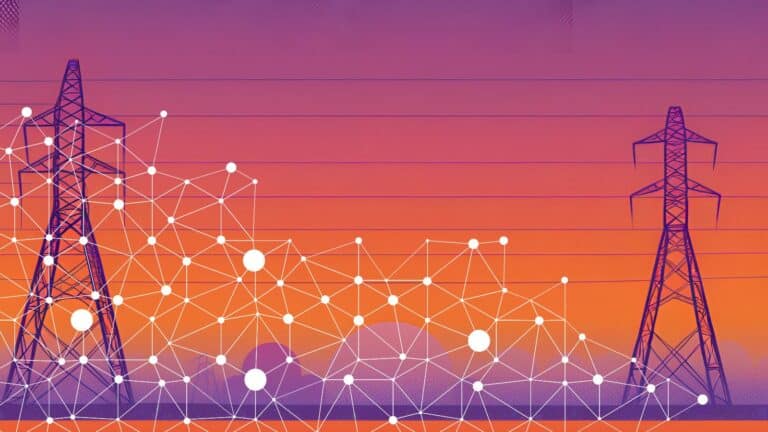New Trump administration greenlights its first Louisiana LNG plant
The agency that granted the permit found in 2024 that approving additional LNG exports could raise natural gas prices for U.S. consumers.
For the latest updates on access to the Morningside campus, visit the Public Safety website. Read more.
Melissa Lott: [00:00:01] Nearly 1.5 billion around the world. That’s how many vehicles are on the roads right now. How many of these fossil fuel powered engines can we switch to electricity by 2035? And what would it take to convert zero carbon electricity into fuels like empower our factories, trucks and planes? Can we actually set carbon dioxide right out of the atmosphere? And should we. I’m Dr. Melissa Long and I’m the host of the Big Switch podcast from the Center on Global Energy Policy at Columbia University. And I’m asking questions about the massive shift that’s happening right now all around us and touching every part of our lives. To slow climate change, we need to transform our transportation industry, buildings and economy as quickly as possible. But how do we do it right? How do we make these energy systems more sustainable and healthier for all of us? You don’t have to be an energy expert to follow along. In the first five episodes, we talked about our electricity system, the power grid, and now we have a whole nother year of episodes coming up. We’re going to explain how to make the big switch in every other sector of the economy. The first episode drops on Monday, October 25th. New episodes will come out every other Wednesday, so whatever app you use, search the big switch and hit the subscribe button. [00:00:01][0.0]
We have a whole year of episodes coming up.
In the first five episodes of The Big Switch, we talked about cleaning up our electricity system–the power grid.
Next, host Dr. Melissa Lott will talk with experts about how to transform every other sector of the economy, including transportation, industry and buildings.
To slow climate change, we need to transform our buildings, our homes, cars, and the economy as quickly as possible. But how do we do it right?
Subscribe to The Big Switch everywhere you find podcasts.
So far over this season we've traced the global lithium-ion battery supply chain from mining to processing to manufacturing. And we've put it all into a geopolitical and economic context.

China has been the world's biggest battery manufacturer for over a decade. By 2022, according to the IEA, China manufactured 76% of the world's batteries. But that's changing.

Batteries can replace gasoline in our cars, or diesel in our generators with electricity. But batteries and petroleum-based fuels share something in common: they both rely on energy-intensive processes to turn extracted materials into something useful.

To produce enough batteries to reach global net-zero goals, the International Energy Agency says we'll need to increase production of critical minerals by six fold by 2040. It's a monumental task.

CGEP is pleased to announce a new AI & Energy series—part of our Energy Explained blog. In the first entry, the authors write about AI's potential impacts on the...

Kenya and South Africa have recently started moving toward an open access regime in their electricity sectors, while the US and India have been on this path for over two decades.

About one in four American households experience some form of energy insecurity. Within this group, Black, Indigenous, Latine, low- and moderate-income (LMI), and other disadvantaged communities face a disproportionately higher burden.
